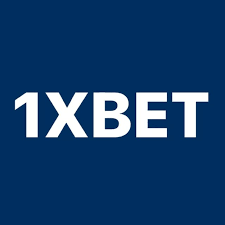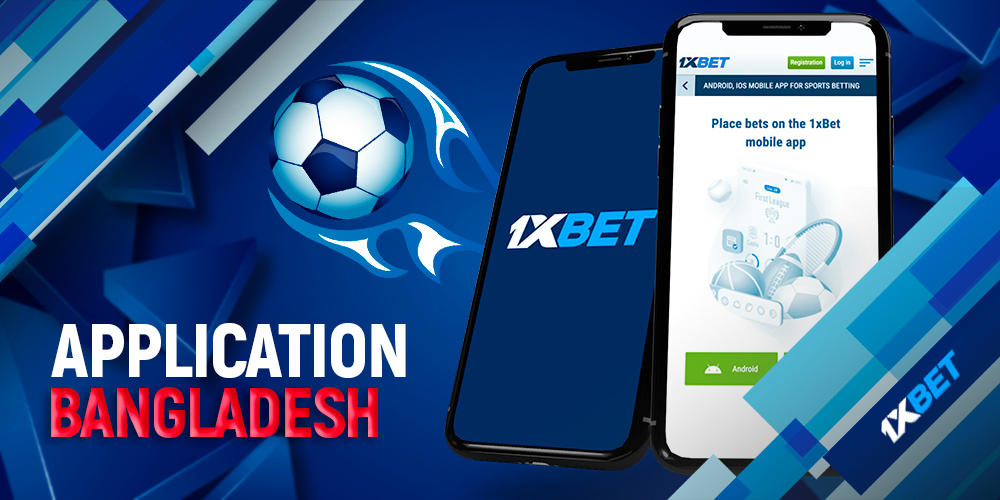
The Role of Blockchain in Casino Game Transparency
The casino industry has been a staple of entertainment for centuries, and with the advent of online gaming, it has transformed into a multi-billion-dollar business. However, this transformation has not come without its challenges. Issues of trust and fairness have continuously plagued the online gambling space, leading to a demand for greater transparency. One of the most promising solutions to these challenges is blockchain technology. The role of blockchain in casino game transparency has gained attention as it offers a decentralized platform that ensures fairness and trustworthiness among players. Moreover, with the rise of The Role of Blockchain in Casino Game Transparency online poker rooms, understanding how blockchain can reshape this landscape is critical.
Understanding Blockchain Technology
Before delving into its applications in the casino industry, it’s essential to understand what blockchain technology is. At its core, blockchain is a distributed ledger technology that allows data to be stored across a network of computers. Each transaction is encrypted and linked to the previous one, creating a chain of blocks—hence the name “blockchain.” This technology is characterized by its security, transparency, and immutability. Once data is added to a blockchain, it becomes nearly impossible to alter or delete it, making it an ideal solution for industries that require a high level of trust and accountability.
The Importance of Transparency in Online Gambling
The online gambling industry has faced numerous scandals, ranging from rigged games to untrustworthy payout practices. Players want to know that when they place a bet or play a game, the outcome is fair and not manipulated in any way. Transparency is crucial in building trust between operators and players. In this context, blockchain can serve as a powerful tool to address these concerns.
How Blockchain Promotes Transparency in Casino Games
There are several ways in which blockchain technology can enhance transparency in casino games:
1. Provably Fair Gaming
One of the standout features of blockchain technology is its ability to offer “provably fair” gaming. This means that players can verify the fairness of each game’s outcome using algorithms and public data stored on the blockchain. For example, in a blockchain-based slot game, the algorithm that determines the outcome is available for players to examine. This eliminates any doubts about the integrity of the game.
2. Transaction Transparency
All transactions performed on a blockchain are public and traceable. This allows players to view their transaction history and the flow of funds within the casino ecosystem. Such transparency can significantly reduce the disputes that commonly arise in traditional online gaming environments regarding deposits, withdrawals, and payout rates.

3. Smart Contracts
Smart contracts are self-executing contracts with the terms of the agreement written into code on the blockchain. In the casino context, smart contracts can be used to automate various processes, from managing payouts to ensuring that games adhere to specific rules. Because these contracts are immutable, they assure players that the terms will be followed without manipulation.
4. Player Anonymity and Security
Traditional online gambling requires players to provide sensitive personal information, often exposing them to security breaches. Blockchain can offer a level of anonymity, as users can gamble using cryptocurrency wallets without revealing their identity. This added layer of security builds trust and encourages more people to engage in online gambling.
Examples of Blockchain in Casino Games
Several online casinos are already implementing blockchain technology as part of their offering. For instance, platforms like FunFair and Edgeless are specifically designed to operate on the blockchain, providing players with the benefits of provably fair games and full transparency. Additionally, established brands are beginning to explore blockchain solutions to enhance their existing offerings, recognizing the importance of transparency in attracting and retaining players.
Challenges of Implementing Blockchain in Casinos
While the advantages of blockchain technology are significant, there are also challenges to consider. Transitioning an existing online casino to a blockchain-based system can be costly and time-consuming. Furthermore, while blockchain enhances transparency, the initial learning curve for both operators and players can create hurdles. Additionally, regulatory frameworks concerning cryptocurrencies and blockchain technology are still evolving, which can complicate the adoption process. Stakeholders need to keep abreast of regulatory changes that could impact their operations.
The Future of Blockchain in the Casino Industry
The integration of blockchain technology in the casino industry is expected to grow in the coming years. As players continue to demand greater transparency and fairness, operators will need to adapt by leveraging emerging technologies. The rise of cryptocurrency gambling may also lead to a shift in how players engage with online casinos, moving towards platforms that prioritize security and transparency through blockchain solutions. This evolution could pave the way for a new era of trust and accountability in the gaming industry.
Conclusion
The role of blockchain in casino game transparency cannot be overstated. As the online gambling landscape continues to evolve, the integration of blockchain technology presents an unparalleled opportunity to address longstanding issues of trust and fairness. By implementing blockchain solutions, casino operators can ensure that players receive a fair experience, and in turn, cultivate a loyal user base. As the industry moves forward, the potential for blockchain to reshape online gaming for the better is vast, promising a future where transparency is the norm rather than the exception.
